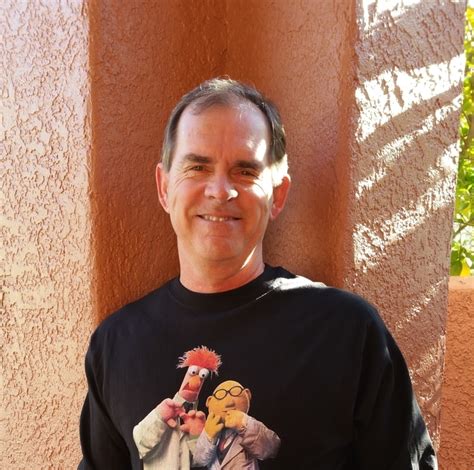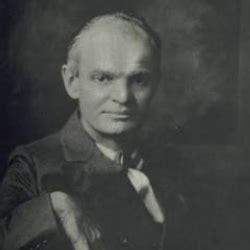A Quote by Michel Faber
My affinity, as a novelist, with Dickens has been overstated. I relish the way everything in his prose pulsates with life force, and I'm in debt to him every time I invest inanimate objects with uncanny animism. But his female characters annoy me.
Related Quotes
Think long and hard about the way you invest your children's time. Time is treasure. And where your time investment is, there you will find the heart of a child. Invest the majority of his time in entertainment, and his heart will be turned to love of pleasure. Invest his time in peers rather then family, and his heart will be with the peers more than his family. There is a time and place for all good things in balance, but wise parents will steward the treasure of time, and in so doing, shepherd their children's hearts.
God is bigger than time,
dates, and appointments.
He wants you to move
through this day with a quiet heart,
an inward assurance that
He is in control, a peaceful certainty
that your life is in His hands,
a deep trust in His plan and purposes,
and a thankful disposition,
toward all that He allows.
He wants you to put your faith in Him,
not in a timetable.
He wants you to wait on Him
and wait for Him.
In His perfect way He will put everything
together, see to every detail...
arrange every circumstance...
and order every step to bring
to pass what He has for you.
The thought of the novelist lies not in the remarks of his characters or even in their introspection but in the plight he has invented for his characters - in the juxtaposition of those characters and in the lifelike ramifications of the ensemble they make: their density, their substantiality, their lived existence actualized in all its nuanced particulars, is in fact his thought metabolized.
The child's conquest of independence begins with his first introduction to life. While he is developing, he perfects himself and overcomes every obstacle that he finds in his path. A vital force is active within him, and this guides his efforts towards their goal. It is a force called the 'horme', by Sir Percy Nunn.
I kissed him, trying to bring him back. I kissed him and let my lips rest against his so that our breath mingled and the tears from my eyes became salt on his skin, and I told myself that, somewhere, tiny particles of him would become tiny particles of me, ingested, swallowed, alive, perpetual. I wanted to press every bit of me against him. I wanted to will something into him. I wanted to give him every bit of life I felt and force him to live.
His guilt is why Acheron went out of his way to make sure that all of you had servants and pay for your work. The Dark-Hunters owe that man everything, and I do mean everything. He pays in blood every time one of you wants to go free, and he suffers every day so that you can all live your cushy little lives of wealth and privilege.” … “And I have to say that every time one of your turns on him, it seriously pisses me off. Acheron asks nothing from any of you and that’s exactly what he receives.
That perhaps is your task--to find the relation between things that seem incompatible yet have a mysterious affinity, to absorb every experience that comes your way fearlessly and saturate it completely so that your poem is a whole, not a fragment; to re-think human life into poetry and so give us tragedy again and comedy by means of characters not spun out at length in the novelist's way, but condensed and synthesized in the poet's way--that is what we look to you to do now.
Henry James once defined life as that predicament which precedes death, and certainly nobody owes you a debt of honor or gratitude for getting him into that predicament. But a child does owe his father a debt, if Dad, having gotten him into this peck of trouble, takes off his coat and buckles down to the job of showing his son how best to crash through it.





































